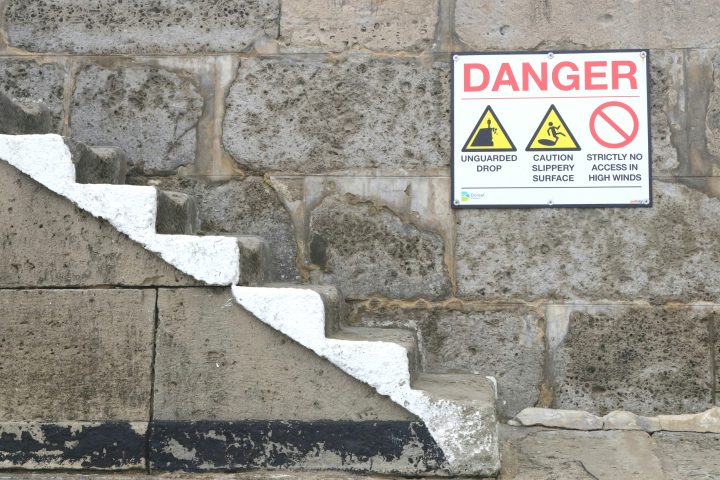Burnout has become a significant issue for workers worldwide, prompting some forward-thinking bosses to consider shortening the workweek. According to a recent KPMG survey of CEOs, nearly one-third (30%) of large US companies are exploring new work schedule shifts, such as four-day or four-and-a-half-day work weeks. This shift highlights a growing recognition among executives of the need to attract and retain talent in a competitive job market where many employees feel overworked and underpaid. But why should I try a four-day workweek? I’m a firm believer in setting an example. After a highly stressful springtime I got a extended break during summer. Knowing the next endeavors coming during autumn, I took the opportunity my employee offered and am now testing how a four-day week suits me until the end of this year. This experiment also gives me an idea of how it suits my work environment.
Catching The Moment Before Burnout And Addressing Well-Being
Burnout is not just a buzzword; it’s a reality affecting countless workers. it is often the result of prolonged exposure to stress and an accumulation of physical, emotional, and cognitive symptoms. By recognizing and addressing these early warning signs either by oneself or with the help of a boss, colleague, or occupational health experts, individuals can take steps to manage stress, improve their well-being, and prevent burnout. Employers also play a crucial role by fostering a supportive work environment and promoting healthy work practices. A four-day workweek could be the solution many are looking for.
The Productivity Paradox
Contrary to some might think, working fewer days does not necessarily mean accomplishing less. In fact, studies of four-day workweeks in the United States and Europe have shown positive results for both well-being and productivity among workers. Employees often become more focused and efficient when given a shorter timeframe to complete their tasks, leading to better performance and higher job satisfaction. Do you still remember the Covid-pandemic time? For me, the pandemic and the resulting shift to remote work created a unique set of circumstances that our family found highly beneficial. The flexibility, autonomy, improved work-life balance, and reduced stress associated with remote work contributed to a positive experience. It also brought me into productivity mode, which I much enjoyed but will never achieve in the office environment. While the pandemic brought challenges, it highlighted the potential for alternative work arrangements to enhance employee satisfaction and productivity.
Willingness to Experimentation And Flexibility is Crucial.
Paul Knopp, chair and CEO of KPMG US, acknowledges that while the idea of a four-day workweek is still in the experimental phase, it holds promise. “We are all working to figure out what is optimal, and we will continue to experiment and pivot,” Knopp told CNN. This willingness to experiment is crucial. It allows (and hopefully pushes) companies to tailor the approach to their needs and circumstances, ensuring the best possible outcomes for employees and the organization. From allowing to willingness, the road can be rocky and looooong due to, for example, a very controlling company culture. So, when thinking about your employer branding and company reputation, quoting Finnish writer Tommy Tabermann, “How much courage do you dare to leave unused?”
Success Stories and Long-Term Commitment
In the United Kingdom, a large majority of companies that participated in the world’s largest trial of a four-day workweek continued with the practice a year later. More than half had even made the change permanent. These success stories underscore the potential long-term benefits of a shorter workweek, from increased employee satisfaction to improved company performance. While a four-day workweek might make sense in sectors like finance and marketing, it may not be as easily implemented in industries facing labor shortages, such as healthcare.
The Future of Work is Flexible
The push for a four-day workweek is part of a broader trend towards greater flexibility in the workplace. The KPMG survey also indicated a decline in CEOs expecting a total return to five-day, in-office workweeks. As also AI technology advances, it could further support the transition to shorter workweeks by enhancing productivity and reducing the burden of repetitive tasks. Instead, more executives now envision hybrid models, where employees split their time between the office and remote work. Embracing changes and flexibility in the working conditions, be it the days worked or spent at the office, could lead to a more balanced, productive, and satisfied workforce, benefiting employees and employers alike. Do you know what set-up to work suits you best? Are you fearless enough to find that out?
The links to the mentioned interview and survey can be found here:




